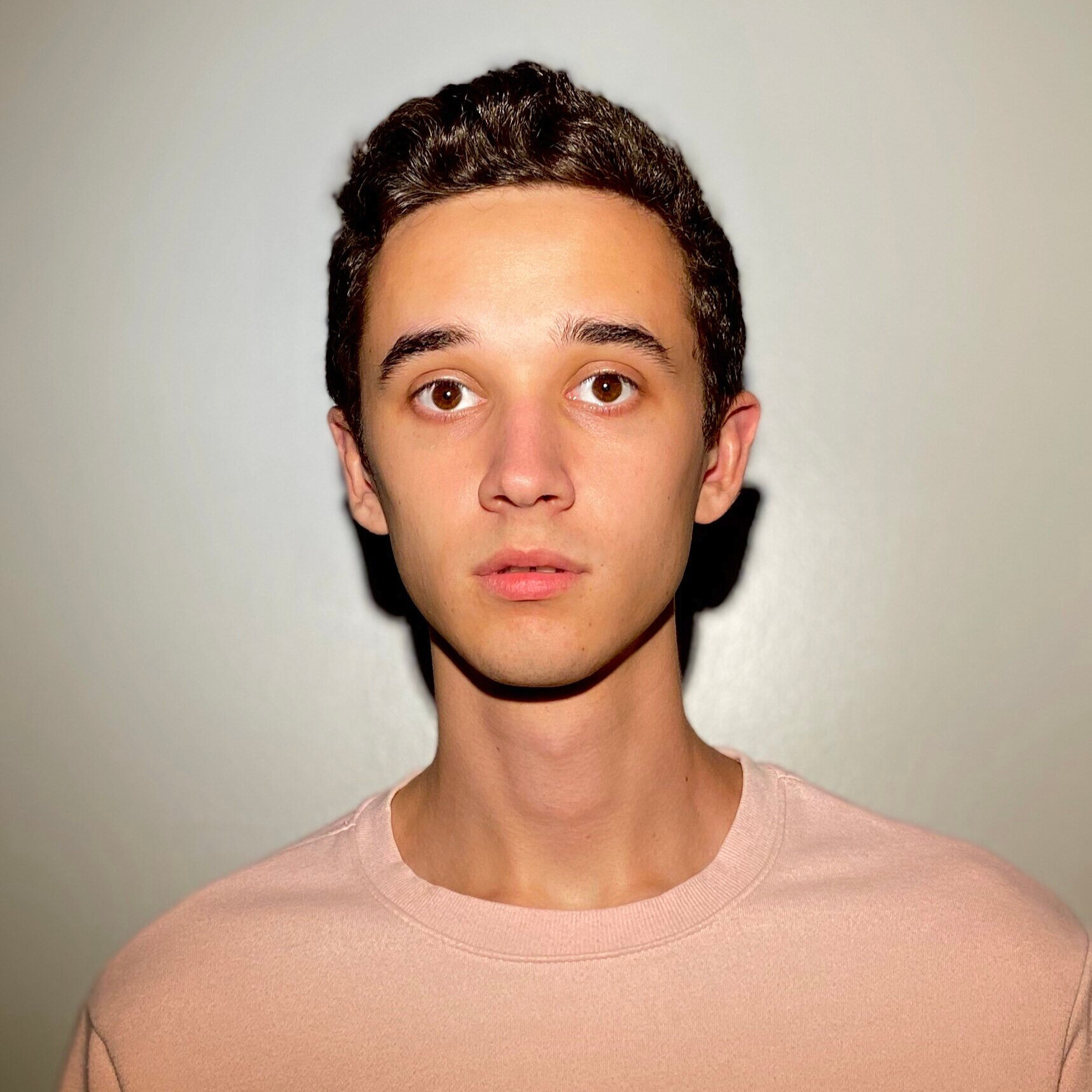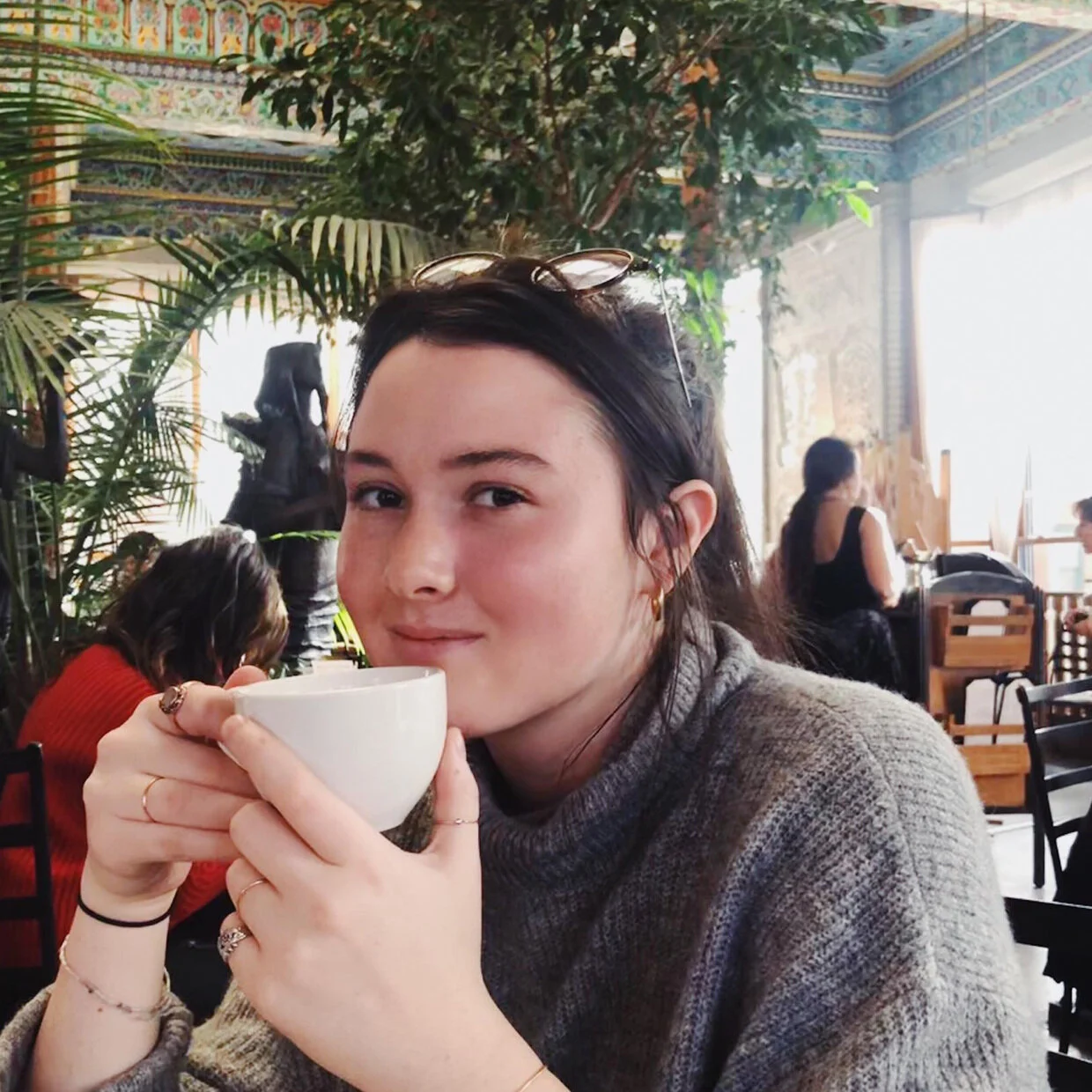Metro systems exist on every inhabited continent on the planet, being as unique in comparison to one another as are the diverse cultures and communities they serve. Some are highly efficient at moving people from point A to point B, others are rooted in the history of the local community and a few even serve as living art galleries that are ever-expanding. Here is our guide to the 10 must-visit metro systems to ride on in your lifetime.
1. Tunnelbana, Stockholm, Sweden
Serving 100 stations throughout the region, Stockholm’s Tunnelbana, which translates to “tunnel railroad,” is one of the newer metro systems in Europe, opening its first line in 1950. What makes the Tunnelbana unique is that it is considered to be the world’s longest art gallery, featuring an extensive collection of art made by over 150 artists.
2. Buenos Aires Underground, Argentina
The Buenos Aires Underground, known locally as Subte, is the oldest underground railway system in the Southern Hemisphere, dating back to 1913. The system hones in on its historic origins by providing both historic and modern train cars and stations which are spread out across its seven lines.
3. Seoul Metropolitan Subway, South Korea
Featuring 22 lines spread across 728 stations that serve both the heart of the city and rural communities, the Seoul Metropolitan Subway is one of the longest systems in the world. Opening its doors in 1974, Seoul's subway continues to grow, with several line extensions slated to open throughout the decade.
The iconic London Underground sign in front of Big Ben. Defence Images. CC BY-NC 2.0.
4. London Underground, UK
The oldest underground railway in the world, the London Underground began operation in 1863 and has since grown to serve 270 stations. Known in London as “the Tube,” the metro system provides easy access to neighborhoods throughout Central and Greater London, as well as connections to a slew of airports and other transit systems.
A Berlin U-Bahn train in a station. Michael Day. CC BY 2.0.
5. Berlin U-Bahn, Germany
Famous for its eye-catching yellow trains, the Berlin U-Bahn is one of the oldest and largest metro systems in Europe. The system had been partly severed in two parts during the Cold War due to the divide between East and West Berlin. Today it boasts 10 lines serving 173 stations, with an annual ridership of around 553.1 million.
A graffitied metro car in Athens passes in front of the Acropolis. Tim Adams. CC BY 2.0.
6. Athens Metro, Greece
Like Stockholm’s Tunnelbana, the Athens Metro serves as both a rapid transportation system and an extensive museum. In the system’s Syntagma Metro Station is a handful of the nearly 30,000 artifacts from the classical Greek, Byzantine and Roman periods which were excavated during the construction of new system lines in the 1990s.
Two trains in Tokyo pass over one another. David Gubler. CC BY-NC-SA 2.0.
7. Tokyo Metro, Japan
Offering seamless transitions between its stations and those of its counterpart, the Toei Subway, the Tokyo Metro is considered by many to be one of the best metro systems in the world for both convenience and cleanliness. Serving 180 stations across 9 lines, the Tokyo Metro has continued to expand as the city has grown to be the largest by population in the world.
An MTR train in Hong Kong. David Leo Veksler. CC BY 2.0.
8. Mass Transit Railway, Hong Kong
The Mass Transit Railway is a heavily-riden transit system serving Hong Kong Island, Kowloon and the New Territories, with a daily ridership of over 4.9 million. The transit system has a world-renowned reputation for being clean, affordable and reliable, as well as for offering free WiFi at all of the system’s stations.
The lights of a Paris Metro train passing over a bridge. Luc Mercelis. CC BY-NC-ND 2.0.
9. Paris Metro, France
The Paris Metro is a cultural landmark of the city, with stations highlighting the unique Art Nouveau architecture style. It is one of the densest metro systems in the world, consisting of 136 miles of track connecting 304 stations . The Paris Metro is also one of the busiest, being the second most traveled in Europe and tenth in the world.
A Soviet-era metro station in Moscow. Tarnya Hall. CC BY-NC-ND 2.0.
10. Moscow Metro, Russia
An extensive metro system with stations highlighting Cold War-era architecture, the Moscow Metro is the busiest system in Europe, serving 2.5 billion riders annually. The system has 241 stations and has connections to other transit systems like the Moscow Central Circle, Moscow Central Diameters and Moscow Monorail.
Jacob Sutherland
Jacob is a recent graduate from the University of California San Diego where he majored in Political Science and minored in Spanish Language Studies. He previously served as the News Editor for The UCSD Guardian, and hopes to shed light on social justice issues in his work.























